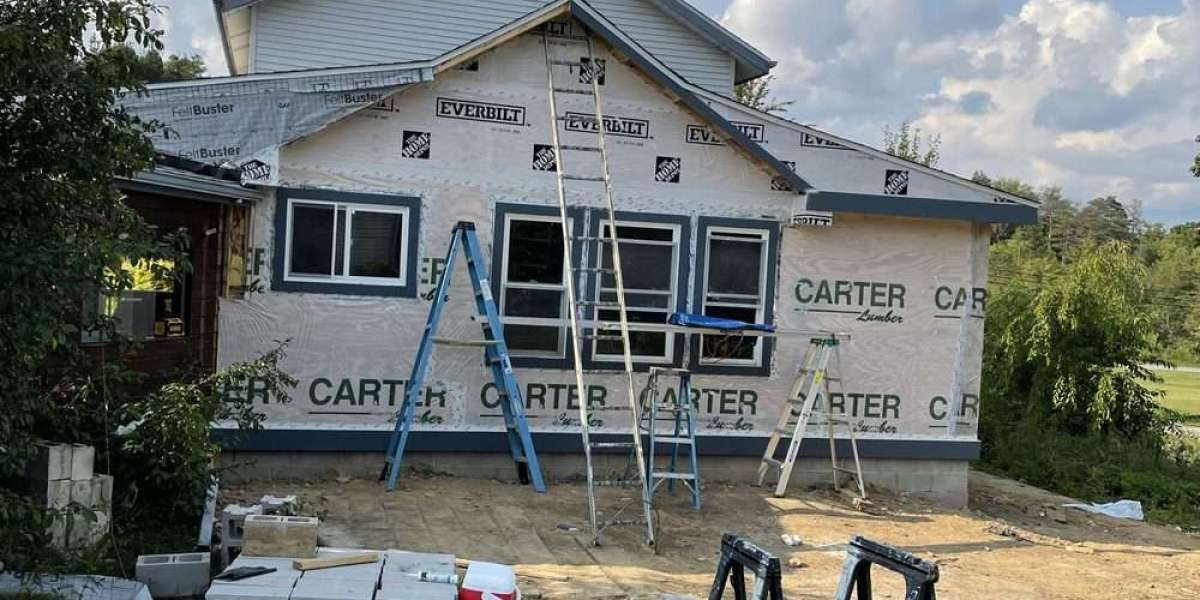Understanding the Role of an Interior Construction Contractor
An interior construction contractor specializes in the renovation and modification of indoor spaces. Their expertise covers a range of services including:
- Room Renovations: Updating or transforming spaces such as kitchens, bathrooms, and living areas.
- Structural Changes: Modifying walls, ceilings, and floors to create open spaces or new layouts.
- Interior Finishes: Installing drywall, flooring, cabinetry, and other finishes that define the look and feel of the interior.
- Custom Projects: Tailoring solutions to meet specific design preferences or functional requirements.
The contractor’s role is to manage the entire renovation process, from planning and design to execution and finishing. This involves coordinating with various trades, sourcing materials, and ensuring that the project adheres to local building codes and regulations.
Key Considerations When Choosing an Interior Construction Contractor
- Experience and Expertise
One of the most important factors in selecting an interior construction contractor is their experience. Look for a contractor with a proven track record in handling projects similar to yours. Experienced contractors are more likely to foresee potential issues and provide solutions that can save time and money.
- Reputation and References
A contractor’s reputation speaks volumes about their reliability and quality of work. Check online reviews, ask for references, and review past projects. Contact previous clients to gauge their satisfaction with the contractor’s work, professionalism, and adherence to timelines.
- Licensing and Insurance
Ensure that the contractor holds the necessary licenses and insurance to perform interior construction work in your area. Licensing guarantees that the contractor is qualified and compliant with local regulations. Insurance protects you from liability in case of accidents or damage during the project.
- Clear Communication
Effective communication is essential for a successful project. Choose a contractor who listens to your needs, provides clear explanations, and maintains open lines of communication throughout the project. This will help in avoiding misunderstandings and ensuring that your vision is realized.
- Detailed Proposal
A detailed proposal or contract is crucial for outlining the scope of work, materials to be used, project timeline, and costs. Review the proposal carefully to ensure that all aspects of the project are covered and that there are no hidden fees. A well-defined contract helps in managing expectations and provides a basis for resolving any disputes that may arise.
The Importance of Choosing a Reputable Building Contractor
A building contractor is responsible for overseeing the overall construction process, including coordination between different trades, managing the construction schedule, and ensuring that the project meets safety and quality standards. Here’s why selecting a reputable building contractor is important:
- Project Management
A reputable building contractor provides comprehensive project management services. They are adept at handling logistics, scheduling, and coordinating various aspects of the construction process. This helps in ensuring that the project progresses smoothly and is completed on time.
- Quality Assurance
Experienced building contractors prioritize quality and adhere to high standards of workmanship. They use quality materials, employ skilled labor, and follow best practices to ensure that the final outcome is durable and aesthetically pleasing.
- Compliance and Permits
Building contractor are familiar with local building codes, regulations, and permit requirements. They handle the necessary paperwork and ensure that the construction meets all legal and safety standards. This helps in avoiding potential legal issues and ensures that the project is completed to code.
- Problem Solving
Construction projects often encounter unforeseen challenges. A reputable building contractor has the expertise to address these issues effectively and find solutions that minimize delays and additional costs. Their experience allows them to anticipate potential problems and implement proactive measures.
- Cost Management
A reliable building contractor provides a detailed cost estimate and helps in managing the budget. They work to avoid unnecessary expenses and ensure that the project stays within financial constraints. Transparency in billing and cost management is crucial for avoiding budget overruns.
Conclusion
Selecting the right interior construction contractor and building contractor is pivotal for the success of your renovation or remodeling project. By considering factors such as experience, reputation, licensing, communication, and detailed proposals, you can make an informed decision that aligns with your project goals and expectations. A reputable building contractor will ensure that your project is managed efficiently, meets quality standards, and adheres to legal requirements. Investing time and effort in choosing the right professionals will ultimately lead to a successful and satisfying renovation experience.








